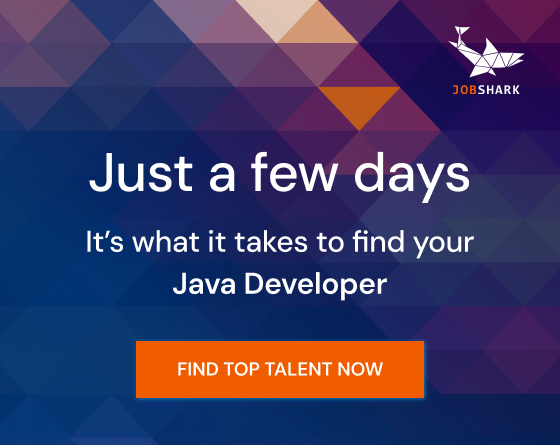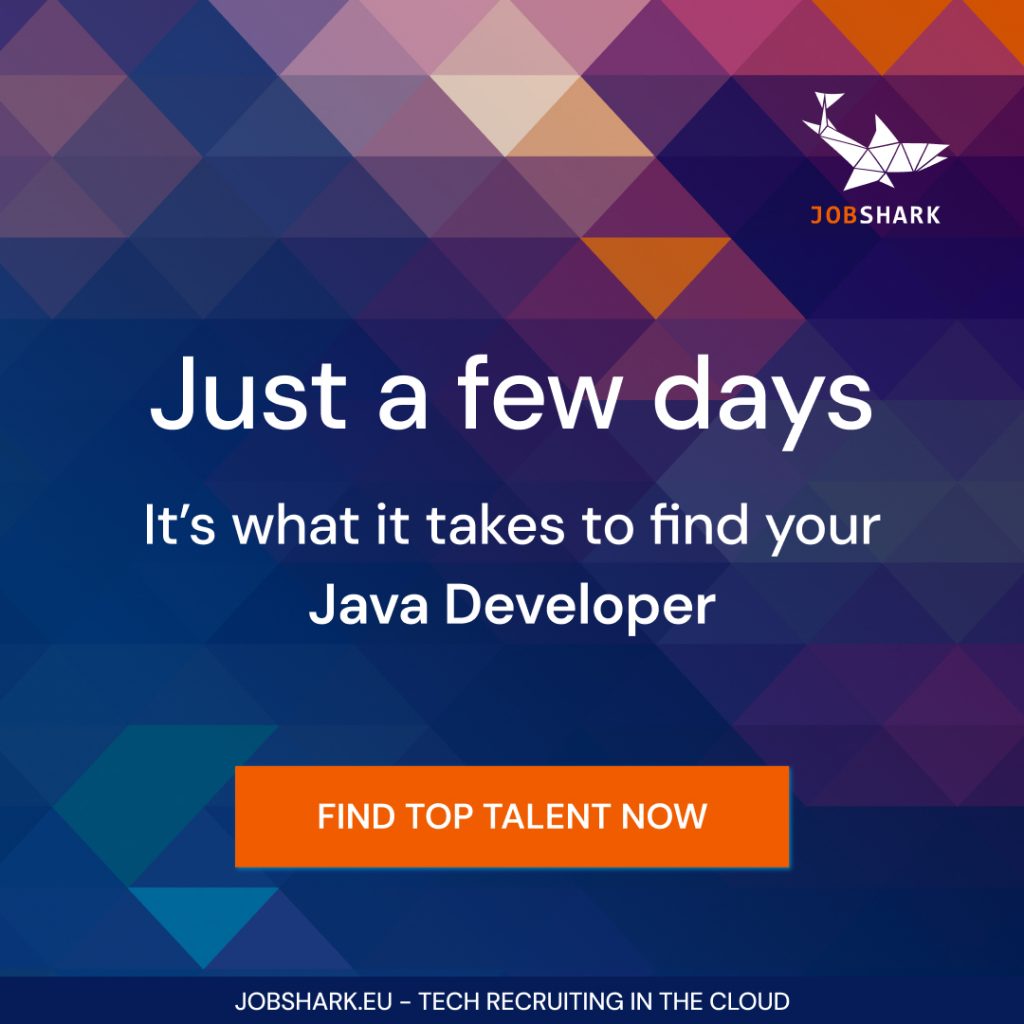It’s been a few years since the first members of Generation Z entered the labor market, and by now, you’ve probably come across all the typical complaints about this cohort. According to its detractors, the workers born between 1997 and 2012 are not as diligent, motivated, or resilient as those of yore. Other frequent allegations against Gen Zers are that they are easily offended, always late, lazy, unprofessional, coddled, entitled, and cynical. And the list goes on.
Last year, a survey by ResumeBuilder.com revealed that Gen Z is considered the most difficult generation to work with by 74% of managers and business leaders — out of which 34% say they prefer to work with Millennials (b. 1981-1996), 30% with GenX (b. 1965-1980), and 4% with Baby Boomers (b. 1946-1964).
As hair-raising as it may sound for some employers, Gen Zers are already influencing their coworkers. According to the 2023 Edelman Trust at Work report, a whopping 93% of employees have been influenced by Gen Z to rethink their views on work-life boundaries (78%), fair pay (75%), and their employer’s involvement in societal issues (71%). Moreover, 61% of respondents said that coworkers in their twenties had increased their willingness to pressure their employers to change things they don’t approve of.
Employers (in fact, almost four in ten) may try to postpone the moment of working with Gen Z for as long as they can, or try to hire as few of them as possible. However, avoiding this demographic will become increasingly challenging as Boomers and Gen Xers retire. Gen Z has already outnumbered Boomers in the workforce and is expected to make up 30% of the employees by 2030. Short and sweet: employers can’t escape this cohort for too long.
Haters gonna hate, but Gen Z is here to stay. Just like every previous generation, they will one day find their feet on the higher rungs of the corporate ladder, including becoming CEOs. So, rather than bemoaning Gen Z’s arrival in the workforce, it’s more productive to shift perspectives. After all, couldn’t it be that Gen Z is simply a misunderstood generation?
Why Gen Z gets a bad rap
Just as ageism toward Boomers and Gen Xers is being increasingly condemned, bias against Gen Zers should also be rejected. As the old saying goes: before you judge someone, walk a mile in their shoes. Gen Z has grown up under quite unique circumstances. Partly due to the remote education during the COVID-19 pandemic, and partly because of a smartphone- or tablet-based childhood (in fact, they’re the first generation never to know the world without the internet), Gen Z may not have developed communication skills the same way as previous generations. Their often cryptic humor, only decipherable by their peers, is a consequence of exposure to highly segmented content from an early age.

Gen Zers had little unsupervised outdoor time as children, which has impacted their development. Social psychologist Jonathan Haidt argues that unsupervised play, essential for developing problem-solving skills, has significantly declined over the past few decades. He notes that while the previous generations were typically let out to play with friends by ages 6-8, Gen Z was allowed free play for the first time only in their preteen years (10-12). This delay may have limited their opportunities to develop autonomy and resilience during formative years.
Therefore, it’s no surprise that hiring interviews can be a moment of shock for both Gen Z interviewees and their interviewers. A survey conducted by Intelligent.com of U.S. managers, directors, and executives involved in hiring found some clumsy missteps made by recent college graduates. Over half (53%) of respondents reported that Gen Z interviewees struggled with maintaining eye contact during interviews. Additionally, 47% noted that Gen Zers dressed inappropriately, 27% observed the use of inappropriate language, and 21% reported having had a candidate refuse to turn on their camera for a virtual interview.
It is important to recognize that these youthful employees may need additional professional training. Alarmingly, nearly 30% of working Gen Zers have not received any workplace training, according to a recent survey by workplace training company TalentLMS. Employers that hire new grads and leave them to sink or swim should not be surprised to see performance gaps as a result.
Gen Z’s often cynical view of the workplace also earns them a lot of flak. Shaped by the economic instability of the Great Recession during their formative years, they remain wary of corporate life, having witnessed their parents’ struggles to make ends meet. Many perceive professional environments as unauthentic and are convinced that the corporate ladder is climbed through a “fake it till you make it” approach rather than genuine merit. This sentiment is encapsulated by TikTok’s controversial “delulu is the solulu” trend (shorthand for “being delusional is the solution”). The mantra reveals their skepticism toward meritocracy, while also serving as a coping mechanism for navigating impostor syndrome and workplace anxiety.
Some may label this new attitude as sheer cynicism, but there’s more to it. The “solulu” stems from a growing social awareness of how systemic discrimination has historically undermined the self-esteem of those belonging to minority groups. These individuals tend to undervalue their own skills and feel unworthy of pursuing their career goals, thus inadvertently perpetuating pay gaps. Gen Z, however, aspires to break this cycle. They want to apply for their dream job and encourage others to do the same, contributing to dismantling one of the many barriers to equality.
How to motivate Gen Z
Motivating Generation Z requires a fresh perspective and a shift away from traditional management approaches. This cohort is driven by values such as purpose, inclusivity, and well-being, and they are quick to disengage if these needs aren’t met. Employers who adapt to these priorities will unlock the full potential of their youthful employees.

As a rule of thumb, in order to understand and motivate Gen Zers, it helps to think of our younger selves — maybe we were not so polished at work either — and reflect on the values that drove us during those early career years. Before the responsibilities of mortgages or caregiving took over, we were likely more willing to take risks. Lorena Iragorri, a global HR specialist with tenures at Microsoft and other multinational companies, sees parallels between Gen Zers and her own generation, the Millennials, particularly in their pursuit of purpose, work-life balance, and authenticity. “Gen Z reminds me a lot of when we Millennials first entered the workforce,” she says. “Just like Gen Z, we were also focused on finding purpose in our work and seeking a balance that allows us to enjoy life outside of our jobs. I see many of those same values in Gen Z, especially their strong focus on mental health. What might be perceived as a lack of commitment is actually more aligned with a desire to stay true to personal values and overall purpose.”
To effectively motivate this generation, organizations must align their strategies with what matters most to Gen Z. This includes promoting mental health and well-being, clearly communicating the purpose and impact of projects and tasks, championing sustainability initiatives, fostering diversity and inclusion, offering workplace flexibility, and creating transparent pathways for financial growth and career advancement. Let’s take a closer look at each of these strategies.
1. Promote mental health
As young adults, Gen Zers grapple with the lasting effects of their formative years, marked by overprotection in the offline world and a lack of supervision in the online world — Jonathan Haidt refers to children born after the mid-1990s as “the anxious generation.” Now, factor the emotional impact of a global recession and a pandemic, and you have the perfect storm.
Having navigated numerous challenges, Gen Z has learned to treasure their mental health the hard way. And because they see mental health as the foundation for delivering their best work, they expect employers to support it. For example, according to the TalentLMS research, 82% of Gen Zers want mental health days, and half want to receive mental health training from their employers.
A great way to get started is by surveying the team about what benefits would best support their mental health — employees may prefer stipends for therapy sessions, mindfulness courses, or additional mental health days. It’s relevant to ask for their input in order to decide on benefits they truly value.
Whatever the benefits you decide to offer, focus on creating an environment where employees feel safe and free of stigma when accessing these resources. For example, leaders can share their own experiences with managing their mental health — let’s not forget, authenticity is key for this generation.
Companies are already embracing mental health support as a selling point for Gen Zers. According to Handshake, an online recruiting platform for higher education students and alumni, the share of job descriptions mentioning mental health has more than tripled in the past four years.
2. Offer them a purpose
The 2024 Edelman Trust Barometer reveals that 78% of Gen Zers across eight countries prioritize opportunities to make an impact through meaningful work and by addressing social issues when considering a job.
Furthermore, a recent Deloitte survey of 14,468 Gen Zers across 44 countries found that 86% believe a sense of purpose is crucial for workplace satisfaction and overall well-being. And they seem to walk their talk, as 50% of Gen Zers said they have turned down assignments or projects based on their personal ethics or beliefs, and 44% said they have rejected employers. Reasons for rejecting assignments and employers include having a negative environmental impact, contributing to inequality through non-inclusive practices, and more personal factors such as a lack of support for employees’ mental well-being and work-life balance.
Among the Gen Zers surveyed who rejected tasks misaligned with their values, the primary positive outcome was a realization of personal worth and value (31%). This was followed closely by the opportunity to take on tasks that were better suited to their values (29%).
To attract and retain Gen Z talent, companies must demonstrate their commitment to work that creates a positive impact. Managers should clearly communicate how each task or assignment connects to the organization’s larger mission, helping Gen Z employees understand the value and purpose behind their contributions.
Additionally, the rejection of a task does not have to signal the end of the road. Employers who take Gen Zers’ concerns seriously and respond constructively can foster greater engagement and loyalty. In fact, among the Gen Zers surveyed who rejected an assignment but experienced a positive outcome, or whose employer responded affirmatively, 74% plan to remain with the organization for more than five years. Listening to and addressing their concerns can transform initial resistance into long-term commitment and motivation.

3. Highlight sustainability initiatives
Sustainability is a key factor for Gen Z in their job search. According to the Deloitte survey, 72% of Gen Z workers say environmental credentials and policies are important when considering a potential employer. Additionally, 54% report that they and their colleagues are putting pressure on their employers to take action on climate change.
Gen Z workers expect companies to lead by example on sustainability. When asked to select the top three actions they’d like to see their employers take on this issue, 25% say more employee education and training to help them be more sustainable in their own lives, 25% say employee subsidies for sustainable choices, and 19% say greener office locations.
In addition to employee-focused initiatives, Gen Z is calling for systemic changes: 19% want their company to transform its core business model — for instance, by offering more sustainable products or services —, and 18% expect a commitment to achieving net-zero greenhouse gas emissions within the next decade, aligning with the goals of the Paris Agreement.
Meeting these expectations requires businesses to take proactive and transparent steps toward sustainability. Engaging employees in the process fosters a sense of shared purpose.
It should be noted that Gen Z’s eco-conscious mindset extends beyond the workplace. As consumers, one in four Gen Zers say they have stopped or reduced their relationship with a business due to unsustainable practices in its supply chain. Companies that prioritize sustainability not only appeal to Gen Z workers and customers, positioning themselves as forward-thinking leaders in creating a more sustainable future.
4. Promote diversity and inclusion
In 2018, the Pew Research Center reported that Generation Z is the most racially and ethnically diverse generation in the history of the United States, with non-Hispanic whites now making up a bare majority (52%). That makes nearly half (48%) of Gen Zers ethnic minorities — compared to the 39% of Millennials who identify as non-whites or Hispanics. Gen Zers are the most positive generation regarding the impact of increased racial and ethnic diversity, with 62% saying it is beneficial for society — among Boomers, for example, 42% share this belief.
Gen Z’s long for an inclusive society transcends the United States’ partisan divides, according to the Pew Research Center. Notably, 43% of Gen Z Republicans agree that blacks are not treated as fairly as whites, marking a significant departure from older Republicans — for instance, among Boomer Republicans, only 20% share this perspective.
This commitment to inclusivity extends beyond race and ethnicity, encompassing sexual orientation and gender identity. For instance, most Gen Zers would feel comfortable calling others by gender-neutral pronouns (57%) and believe that forms should include gender options other than “man” and “woman” (59%).
Given this data, it’s no surprise that the TalentLMS survey found that 77% of Gen Zers consider it important to work for a company that promotes diversity, equity, and inclusion (DEI).
To attract and retain Gen Z talent, organizations must move beyond surface-level commitments and fully integrate DEI principles into their culture and practices. This means not only implementing equitable hiring practices but also ensuring fair opportunities for growth and promotions and cultivating an environment where every voice is heard and respected.
Iragorri emphasizes that organizations can learn from Gen Zers about leveraging diversity and inclusion to enhance team dynamics. “They can teach us the importance of fostering an inclusive culture where everyone’s voice is heard, which leads to stronger teamwork and innovation. By embracing these traits, we can create a more dynamic, forward-thinking, and supportive workplace.”
By aligning with the values of this socially conscious generation, companies not only foster loyalty and engagement but also unlock the creativity and innovation that diversity brings to the workplace.
5. Offer flexible work
Iragorri sees flexibility as one of the top strategies to motivate Gen Z. “Offering remote or hybrid opportunities with flexible schedules is highly valued by Gen Z, as it aligns with how they maximize their productivity,” she says. “They thrive when given the freedom to manage their time and work, as it allows them to perform at their best without feeling limited.”
Interestingly, for Gen Z, flexibility doesn’t always mean fully remote work. Unlike previous generations, many Gen Zers haven’t had the opportunity to fully experience working in an office and building in-person connections with colleagues — and they’re eager to try it. Research consistently shows that they value the sense of community and collaboration that comes with an office environment.
As of 2024, the oldest members of Gen Z are just 27 years old, meaning most of this generation has not yet taken on significant caregiving responsibilities or become parents. As a result, the office environment remains appealing to many of them, not yet encumbered by the caregiving burdens often faced by older generations.
At the same time, Gen Zers want the freedom to create schedules and work settings that best suit their individual needs and preferences. For them, striking the right balance — a little bit of this and a little bit of that — is essential. Therefore, regarding policies, rather than mandating hybrid, in-office, or fully remote arrangements, the key is to provide the flexibility to accommodate individual preferences.

6. Offer pathways to financial advancement
Generation Z places less emphasis on salary than other generations, but make no mistake: they care deeply about pay. Having witnessed the financial hardships faced by their parents during the Great Recession, Gen Zers want a fair salary not just to meet immediate needs, but to safeguard their future. Furthermore, their strong sense of equity and fairness means they won’t hesitate to voice concerns if they feel undervalued or underpaid.
Attracting and retaining Gen Z talent begins with competitive pay but requires more. Providing opportunities for growth, bonuses tied to performance, and transparent pathways to financial advancement not only meets their desire for security but also fosters loyalty and motivation.
Wrapping up
Gen Z has been getting a lot of flak since entering the workforce. However, like every generation, they are a product of the circumstances — in their case, these included the COVID-19 pandemic, remote education, and widespread social media.
Gen Zers have high expectations of their employers and demand a lot from them and from businesses in general. Like Freddie Mercury, they want it all, and they want it now. While this may seem daunting, it is also an opportunity. The long-term perspective these young employees have on environmental issues, along with their zeal for inclusivity, push organizations to address global challenges effectively.
“We need to embrace Gen Z’s strengths — like their adaptability, tech skills, and their focus on well-being,” says Iragorri. By understanding Gen Zers’ motivations, companies can harness the strengths of this vibrant generation to build a better future for everyone.
Finally, it should be noted that, while generational trends provide valuable insights for HR professionals and organizations to shape strategies, each individual is still unique. Recognizing personal aspirations while understanding generational patterns is crucial in unlocking their full potential and creating a thriving, future-ready organization.

Impressive — you’ve read all the way to the end!
Don’t stop now. Join the TechTalents Insights community and receive bi-weekly expert takes and fresh trends — free and directly in your inbox. Click here to subscribe.




